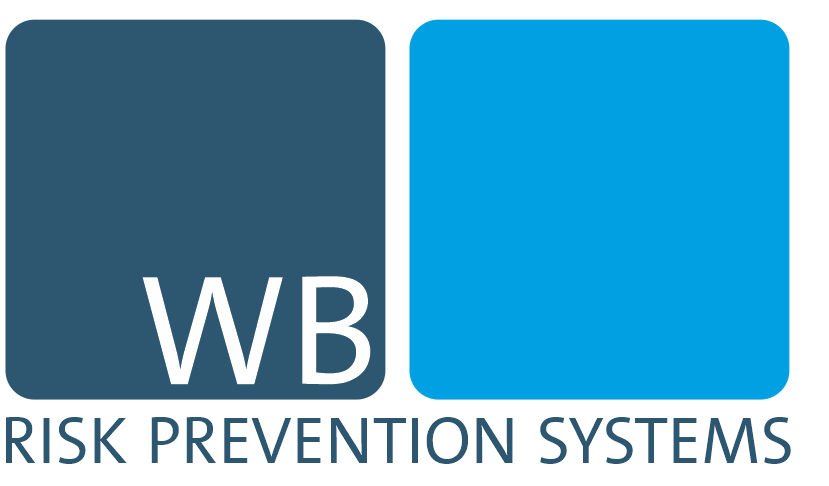Es können Ereignisse, Situationen, Unfälle, Pandemien oder Krisen ungeplant eintreten, auf die ein Unternehmen, eine Organisation oder eine Behörde nicht vorbereitet ist.
In allen Notfallsituationen ist ein extrem fokussiertes Handeln nötig; Konzentration, Flexibilität und stetiges Reagieren auf aktuellste Entwicklungen sind zwingend erforderlich. Eventuell stehen Menschenleben oder die Funktionalität von Unternehmen bzw. von Organisationen auf dem Spiel, so dass keine Zeit für lange Diskussionen und Abstimmungsprozesse zur Verfügung steht. Wenn Gefahr im Verzug ist, müssen Entscheidungen sofort getroffen werden.
Aber kaum ein Unternehmen, eine Organisation, Behörde etc. ist in der Lage, solche Ressourcen mit entsprechender Kompetenz dauerhaft vorzuhalten.
Es wird also ein Notfallmanagement benötigt, das durch Personen besetzt wird, die multidisziplinär koordinieren können. Gleichzeitig müssen sie die Fähigkeit mitbringen, in solchen Stresssituationen pragmatisch und zielgerichtet agieren zu können. Nicht jeder guter Manager eignet sich auch als Notfallmanager.
Deswegen bieten wir Ihnen an, geeignete Personen in Ihrem Unternehmen zu identifizieren, zu schulen und zu trainieren. Ebenso können wir Ihre Notfallmanager temporär unterstützen, um im Notfall kompetent Entscheidungen auf Basis von Fakten und nicht allein des Bauchgefühls zu treffen.
Sofortiges Notfallmanagement
Beherrschung der Folgen
- Wie kann ich Folgen für Menschen, Maschine, Umwelt etc. sofort verringern?
- Gibt es technische Mittel?
- Gibt es organisatorische Mittel?
Aufbau einer Schaltzentrale zur Gefahrenabwehr
- Planung einer Schaltzentrale für den Eintrittsfall (im Sinne eines „War Rooms“)
- Festlegung definierter und vom Normalbetrieb abweichender Hierarchien, Befugnisse, Erreichbarkeiten und Kommunikationswege
- Bereitstellung einer Organisation für den Präventionsfall, aber auch einer Organisation für den Eintritt eines Notfalls
- Koordination mit Sicherheitsdiensten, Polizei & Feuerwehr, Versicherungsgesellschaften
Einsatz als Risikomanager / Krisenstab
- Wir unterstützen Sie bzw. Ihre Notfallmanager sofort im Krisen- bzw. Notfall
- Wir unterstützen Ihr bestehendes Krisenmanagementteam (falls vorhanden)
- Unterstützung bei der ad-hoc Besetzung der Position des verantwortlichen Notfallmanagers (temporär durch Eingliederung eines unserer Experten in Ihre Organisation möglich)
- Unterstützung bei der Einrichtung eines Krisenstabes
- Aufbau und (temporäre) Leitung einer Task Force bzw. eines „War Rooms“
Notfallmanagement
Lage-Feststellung
- Notfall-Auslöser
- Notfall-Annahme
- Ab wann ist es ein Notfall?
- Wer muss informiert werden?
- Was muss aktiviert werden?
- Lagepläne / Lagedarstellung
- Informationssysteme
Maßnahmen-Planung
Technische Maßnahmen
Organisatorische Maßnahmen
- Abberufung der vorhandenen Spezialisten
- „Scharfstellung“ des Notfallorganigramms
- Aktivierung der Richtlinien und Checklisten
Kommunikative Maßnahmen
- Nach innen
- Nach außen
Finanzielle Maßnahmen
- Festlegung der Top-Prioritäten (z.B. Bereitstellung von Mitteln für den Einsatz, Liquiditätssicherung)
- Planung der Umsetzung
Freigaben, Befugnisse, Notfallbudget etc.
Rechtliche Maßnahmen
- Ad-hoc Zugang zu kompetenter, pragmatischer Rechtsexpertise
- Einbindung relevanter Vertreter (z.B. Arbeitnehmerschaft, Behördenleiter etc.)
Umsetzung & Befehlsgebung
Krisenstabsleitung
- Verantwortlicher Krisenmanager
- Außerhalb der Routineorganisation
- Besondere Befugnisse & Vollmachten
- Kontakt zum Top-Management (Shareholder, Geschäftsführung, Bürgermeister etc.)
Kommunikation nach innen
- Einrichtung und Aufrechterhaltung der Informations- und Kommunikationsprozesse gegenüber Betriebsangehörigen
Kommunikation nach außen
-
Aktivierung der Kommunikationspläne
Behörden
Polizei, Feuerwehr, Krankenhäuser
Presse & Medien
Allgemeine Öffentlichkeit
Personal & Innere Dienste
- Bereitstellung von qualifiziertem Personal, Spezialisten & Einsatzkräften (Notfallorganigramm)
- Sicherung der Versorgung, Gefahrenabwehr für die Einsatzkräfte
- Sicherung der Abläufe und Infrastruktur im Krisenstab
Lage
- Echtzeit-Update: Lagefeststellung und – darstellung
- Informationsprozesse, -auswertung und -weitergabe
- Einsatzdokumentation
Einsatz
- Planung und Anordnung von Maßnahmen
- Einsatzdurchführung
Versorgung / Equipment / Logistik
Sie haben Fragen oder möchten mehr über unsere Leistungen erfahren? Schreiben Sie uns eine Nachricht.

